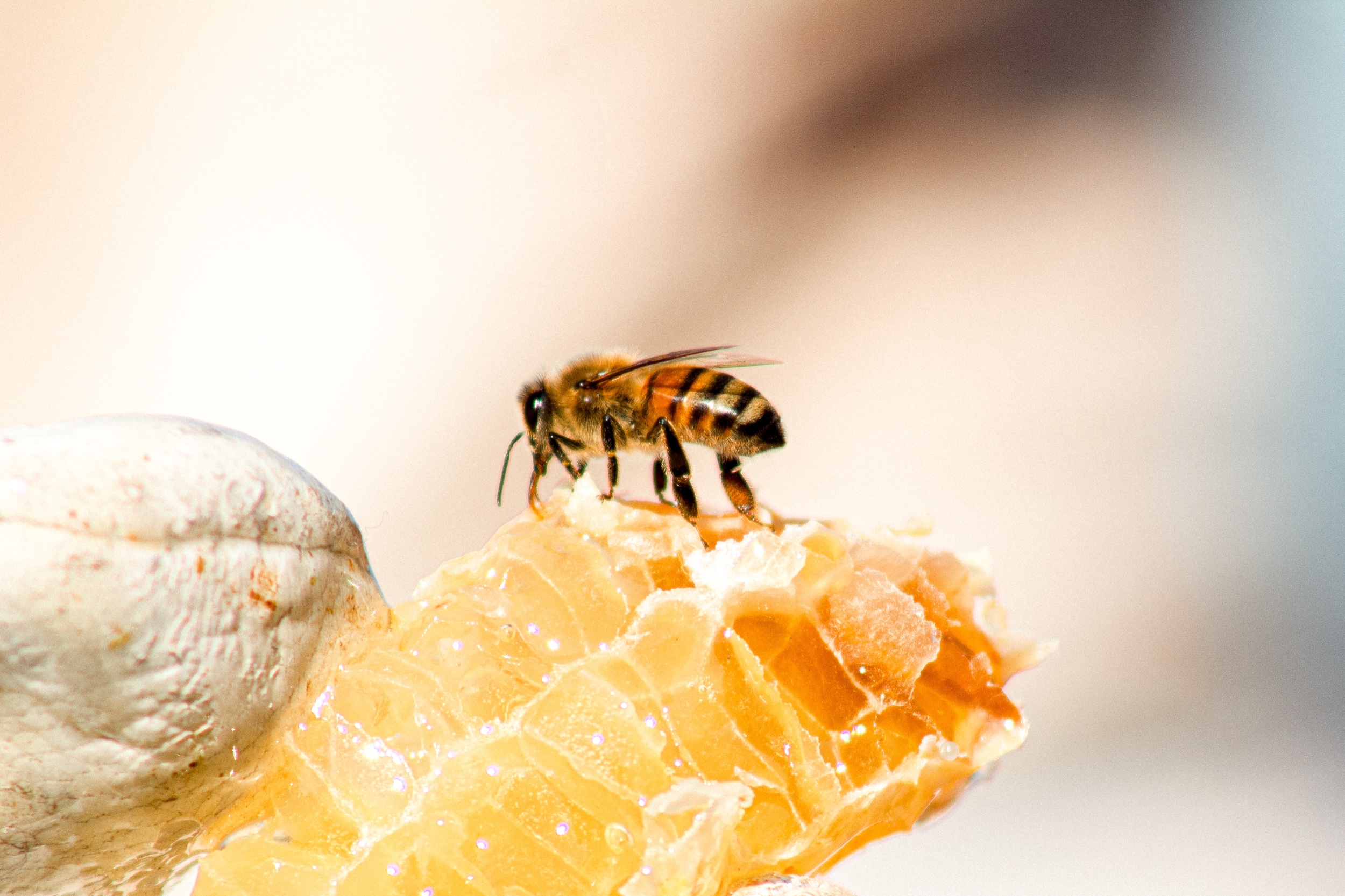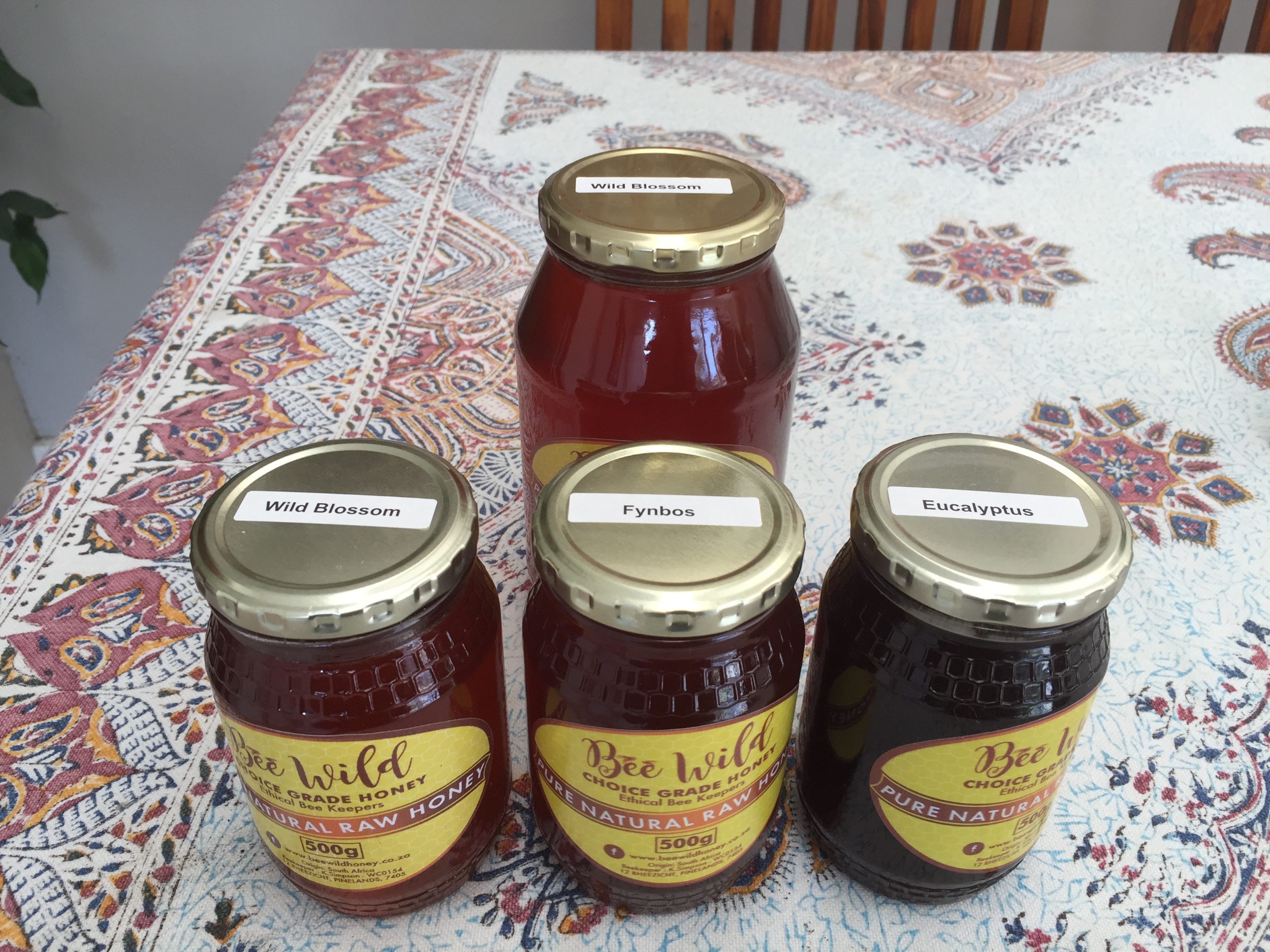Buzzing insights: The benefits of local honey
As the saying goes, local is truly always lekker! Especially when it comes to honey.
Bees are known for their royal, sweet and delicious honey and these little buzzing insects are integral to biodiversity as they are key pollinators that contribute to global food security and production.
According to the Food and Agriculture Organization (FAO) of the United Nations, a third of the world’s food production is dependent on bee pollination and bees.
Honey is a multifaceted ingredient used in just about any dish – from sweet bakes such as honeycomb cookies to savoury dishes such as sweet-and-sour chicken-and-veg chow mein.
While we might reach for the nearest (and most inexpensive) bottle of honey on the shelves while we are shopping, it is important to understand that local is truly lekker when it comes to honey.
To gain insight into our local honey production, we spoke to Kevin Simpson, the founder of Bee Wild Honey, a family-run business that operates around 180 hives in Franschhoek, the Overberg, the Cape Peninsula and the Garden Route.

Three key benefits of purchasing local honey
1.Local honey has a higher quality
Imported honey has to be irradiated by law. The process of irradiation means that honey is exposed to radiation to destroy insects, bacteria and any other risky pathogens, which destroys beneficial enzymes within the honey.
Locally produced honey cuts out the middle-man and these requirements for irradiation, meaning that all essential nutrients and enzymes remain in the product.
With the demand for honey growing globally, Kevin points out that it is one of the top products that is adulterated, meaning that the key parts of a food product are replaced with inferior ingredients. When you purchase local honey, you are guaranteed of a high-quality product.
“Honey is the third most-adulterated food item in the world. Buying locally from a beekeeper, you are getting raw honey from hives that forage on local flora,” says Kevin.

2. Supporting local producers and the local economy
Purchasing from local honey producers means that you are actively contributing to the regional economy, fostering job creation and assisting local communities.
3. An allergy solution and a sweet treat all in one
As bees travel from each flora, they collect pollen on their bodies. During their production of honeycombs, this pollen can be dispersed into the honey itself and, in turn, assist with curbing pollen allergies by building up your resistance.
Kevin points out that there are several honey producers across South Africa but since the Western Cape is home to a wide floral kingdom, this directly contributes to the quality of honey produced.
“Here in the Western Cape, we are fortunate to have bees that forage in one of the floral kingdoms of the world. Fynbos is not found anywhere else in the world,” says Kevin.
How to know if you’ve bought fake honey
With honey being one of the most adulterated products, we reached out to Zylem, a local manufacturer of soil health and nutrition products, for some key ways to test if honey is fake. Here are their tips:
- Place a teaspoon of honey into a glass of water. Fake honey will dissolve rapidly but real honey will drop to the bottom of the glass of water.
- Place a drop of room-temperature honey on your finger. If the honey spreads, the product is fake.
- If you mix equal parts of honey with methylated spirits, real honey will sink to the bottom of the container or glass while fake honey will dissolve and mix with the spirits.
Some buzzing bee facts
- The Western Cape is home to the Capensis bee while the rest of Africa has the Scutellata bee.
- Honey is a finite resource and is seasonal.
- An average colony of bees is made up of 40 000 or more bees.















